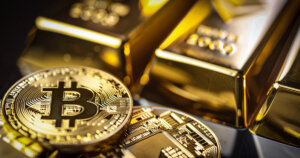 Brazilians are turning to stablecoins to protect savings from inflation
Brazilians are turning to stablecoins to protect savings from inflation Brazilians are turning to stablecoins to protect savings from inflation
The Brazilian Real continues to struggle to hold its value against inflation, prompting Brazilians to turn to stablecoins.
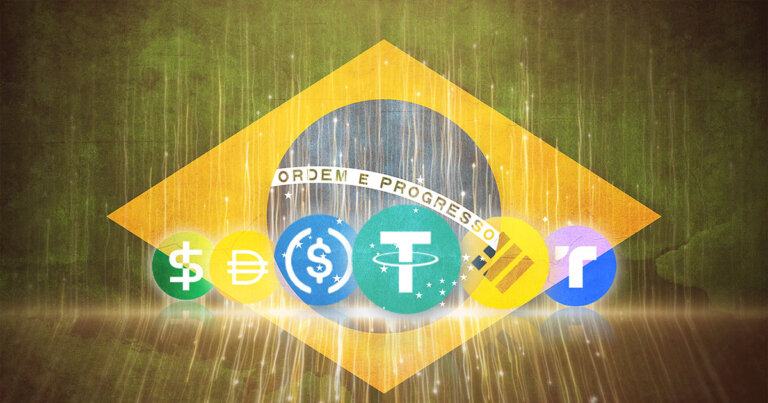
Cover art/illustration via CryptoSlate. Image includes combined content which may include AI-generated content.
According to recent market data, 50% of the Brazilian Real (BRL) volumes involve a stablecoin.
For anyone needing a positive note to end the year on in crypto, look at its usage in developing economies.
Countries like Brazil are turning to stablecoins to peg their savings to USD.
50% of Brazilian Real (BRL) volumes now involve a stablecoin, compared to just 5% for USD. pic.twitter.com/O2AJJi0OxL
— Conor Ryder (@ConorRyder) December 28, 2022
The recent development poses an impressive figure about the usage of stablecoins in Brazil, especially as only 5% of the BRL volume involves USD directly.
Further, BUSD and USDT are the top stablecoins in use by Brazilians. In Brazil, stablecoins are seen as an excellent way to protect savings from inflation.
Brazil’s Real continues to struggle to hold its value as inflation, coupled with the global economic crisis, continues to hit hard on the South American country. In June, the inflation rate grew to 9.704%, the highest in 2022. The struggle against inflation in Brazil caused the Real to weaken against the U.S. dollar.
Brazil’s warm approach to cryptocurrency
On Dec. 22, the President of Brazil, Jair Bolsonaro, signed a bill that legalized Bitcoin as a means of payment in the country.
However, the bill does not push the status of BTC in Brazil as a legal tender but clarifies the premises of regulating crypto and the institutions in charge.
Also, the bill now mandates that crypto firms in Brazil must obtain licenses for custody and management of virtual assets by third parties. The legislation is in place to prevent anything similar to the collapse of FTX in the near future.
Currently, Brazil has the most cryptocurrency ETFs in Latin America, with most banks and brokers offering cryptocurrency investments and similar products like custody and token offerings.
By 2024, the Central Bank of Brazil intended to introduce the virtual Real.

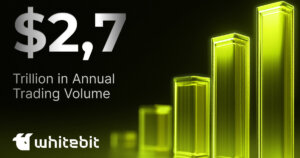



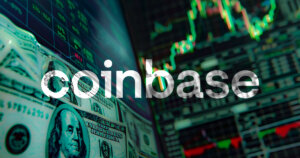
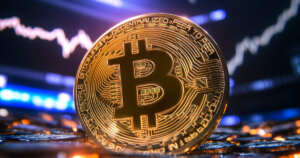
 Farside Investors
Farside Investors 